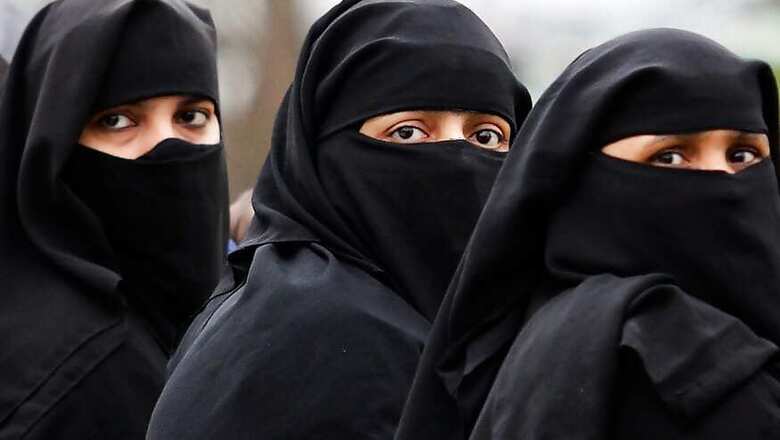
views
At a time when the country is awaiting the verdict in Triple Talaq case from the Supreme Court, prominent jurist Professor N. R. Madhava Menon has called for Universal Civil Code, saying that personal laws are not beyond constitutional scrutiny as they are subject to Fundamental Rights of individuals. Menon, a former member of the law commission who is regarded as father of modern legal education in India, tells News18’s Debayan Roy that if the Parliament does not do its bit to bring UCC, the judiciary should do it on a case by case basis. Edited excerpts of the interview:
Edited excerpts:
The entire country was watching the triple talaq hearing closely. Do you think constitutional interference in personal laws is warranted?
I strongly believe that personal laws are not beyond constitutional scrutiny as they are subject to Fundamental Rights of individuals. The state is empowered to put reasonable restrictions on Right to Religion and Cultural Rights in the interest of social welfare. To my mind, the whole of personal law has to be codified to give clarity, certainty and implementability conforming to constitutional standards. If the Parliament does not do it, the judiciary will have to do it on a case by case basis incrementally.
Do you think India is ready for a Uniform Civil Code?
India is ready for a Uniform Civil Code since the beginning of the century, after half a century of democratic governance under the republican Constitution.
Gulzar Ahmed Wani, who was arrested after the Sabarmati Express blast, was recently acquitted after 16 years. You had led a committee in 2011 to comprehensively review criminal laws. Do you see a need for reform in criminal laws, especially relating to undertrials?
Criminal law administration is badly in need of reform. More than the law, the implementation needs urgent reform. The Malimath Committee Report (2003) and the Madhava Menon Committee Report on the National Policy of Criminal Justice Administration (2009) require early implementation if the system is to be saved from total collapse.
How do you perceive the Kulbhushan Jadhav case at the ICJ? It has been said that India committed a mistake by approaching the World Court for it could lead to internationalisation of India’s internal issues. Is it true?
It is preposterous to refrain from invoking the jurisdiction of ICJ for a just cause apprehending that it might inconvenience India’s strategy in future. Under the Charter of ICJ there are limits and limitations for its intervention in internal issues of member states. Furthermore, depending on facts of each case, advocacy before the court can change to protect one’s legitimate interests.
QC Khawar Qureshi, who recently represented Pakistan’s case at the ICJ, came under scrutiny after it was revealed that he was roped in by India in 2004 to present its case in the Dabhol Power Plant case. Can a counsel be hired by multiple countries or does it affect his credibility in the case?
To my knowledge, there is no bar in the same attorney being hired by multiple countries. Nor is there any violation of professional ethics when the subject matters in which the attorney took the briefs are unrelated.
In Justice Karnan case, are the contours of the contempt law being redefined with the SC jailing a sitting HC judge?
Contempt power is intended not to save a judge but to save the institution. As such, a judge can commit contempt of his own court. Justice Karnan sought action against him and the court was constrained to abandon judicial restraint as otherwise the consequences could have been disastrous.
Justice Verma committee report had rejected the point of considering chemical castration as a form of punishment in cases of rape. Recently, in Kerala, a rape victim did something similar in private defence. Do we need to revisit the punishment in rape cases?
The Kerala girl exercised her right to private defence justified under the Penal Code to avoid culpability for the act done. I am not for castration as a mode of punishment for rape.
The Ministry of Law and Justice has stated that advocates who work pro bono would have higher chances of being elevated as judges. Do you think this idea will work?
The proposal to give weightage in judicial selection to pro bono work is an old one, and not yet implemented. It will certainly work if the measurement mechanism of pro bono work is honest and objective.
What’s your view on the All India Judicial Services for the subordinate judiciary? Is the language barrier the only cause of resistance to the idea?
The All India Judicial Service is a welcome measure to impose quality of justice administration. The language barrier can be overcome as we did in IAS & IPS Services or through other alternative strategies.



















Comments
0 comment